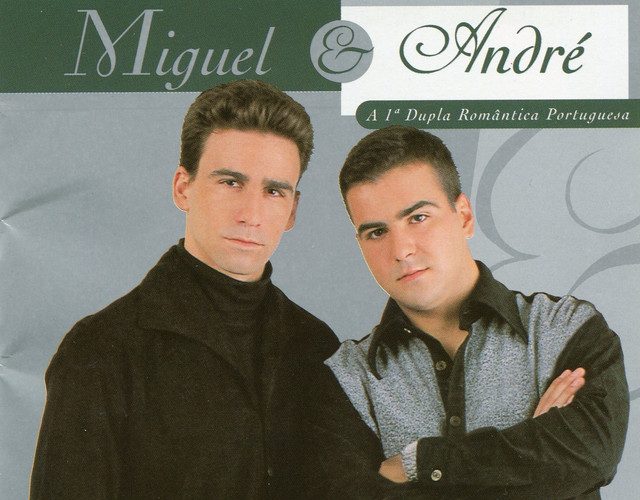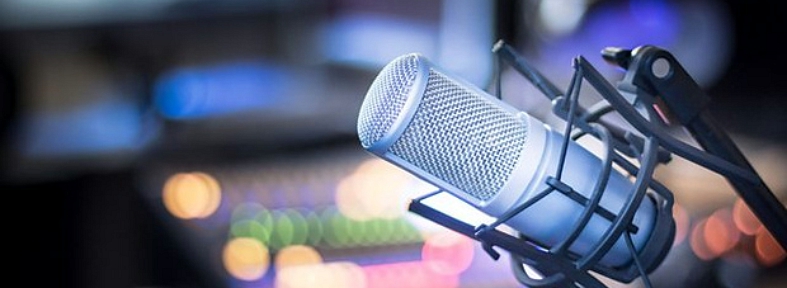Hora Máxima Radio Show Nº 73

The “Hora Máxima” #73 program will feature bands and musicians that were published on the “Portugal Music” website in December 2023. New music available for your delight! Link related to this show: As usual, don’t forget to download this…


























